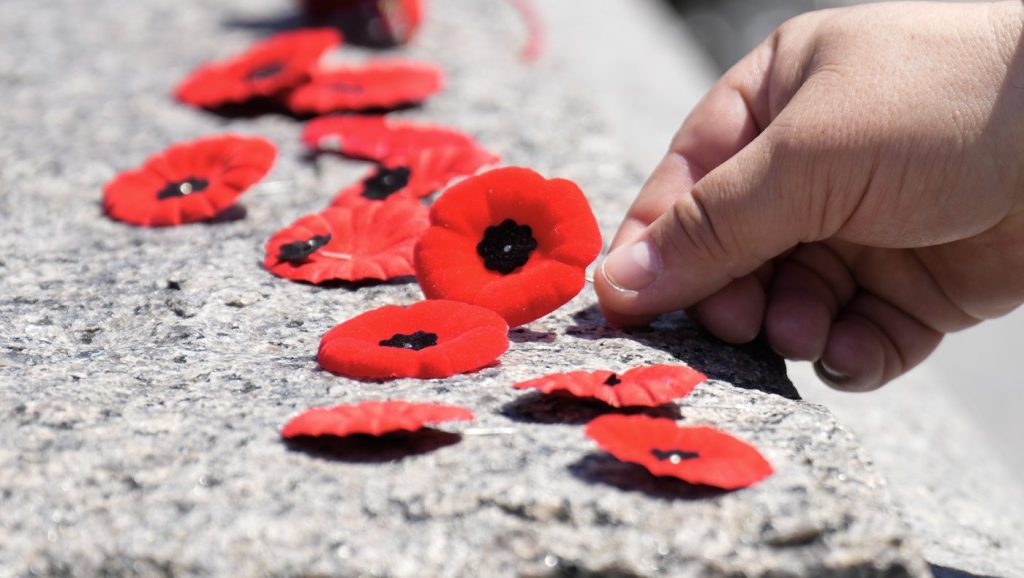In a recent development in Nova Scotia, the Chief Justice of the Supreme Court, Deborah K. Smith, alongside Chief Judge Perry F. Borden of the Provincial Court, has expressed their support for individual judges who choose to prohibit the wearing of poppies in courtrooms. This decision has sparked considerable debate regarding the balance between representing respect for veterans and maintaining an impartial judicial environment.
The statement released by Chief Justice Smith and Chief Judge Borden emphasizes the crucial obligation of judges to foster an unbiased and impartial atmosphere in court. They articulated that the prohibition of wearing symbols like the poppy is not meant to disrespect veterans; rather, it aims to reinforce the concept that every individual entering the courtroom understands they are in a neutral space where justice is administered without favoritism. This is vital to ensuring public confidence in the judicial process.
To illustrate their point, the judges offered an example of a situation where a non-veteran accused of assaulting a veteran enters a courtroom where staff members, including judges, are wearing poppies. In such a scenario, the judges argued, the accused might perceive a bias that could challenge their trust in the fairness of the proceedings. This reinforcing of neutrality is deemed essential for maintaining the integrity of the judicial process.
The issue surrounding the wearing of poppies gained heightened attention after Nova Scotia Premier Tim Houston publicly expressed his dismay upon discovering that court staff must seek permission from the presiding judge to wear poppies in the courtroom. Premier Houston described the practice as “wrong and disgusting,” underlining his strong disapproval of the current regulations regarding the display of poppies.
In response to the ongoing controversy, Premier Houston hinted at the possibility of introducing new legislation that would enshrine the right to wear poppies in the workplace. This initiative could potentially alter the existing regulations within the provincial court system and would reflect a broader respect for the sacrifices made by veterans while balancing judicial impartiality.
This discussion on the role of symbols in judicial settings is unfolding within a larger cultural context, where the significance of the poppy as a symbol of remembrance and respect for veterans is widely acknowledged. The tensions between individual expression and institutional impartiality in courtrooms have come to the fore, highlighting the complexities of navigating respect for tradition against the fundamental principles of fairness and neutrality in legal settings.
Overall, the situation in Nova Scotia emphasizes the ongoing debate about how symbols, such as the poppy, can impact perceptions of bias and impartiality in judicial processes. The responses from both judicial leaders and political figures depict a divided perspective on how best to honor veterans. This discourse is likely to continue as stakeholders deliberate the balance between respect for individual rights to express patriotism and the necessity for judicial neutrality.











